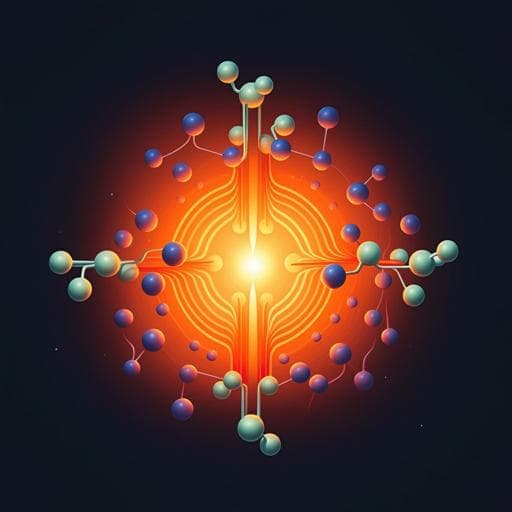
Chemistry
A new approach exploiting thermally activated delayed fluorescence molecules to optimize solar thermal energy storage
F. Meng, I. Chen, et al.
Discover the innovative world of thermally activated delayed fluorescence (TADF) molecules in solar thermal energy harvesting. This groundbreaking research by Fan-Yi Meng and colleagues identifies how molecular composites can convert solar energy into chemical energy and heat with remarkable efficiency and reversibility.
Related Publications
Explore these studies to deepen your understanding of the subject.







